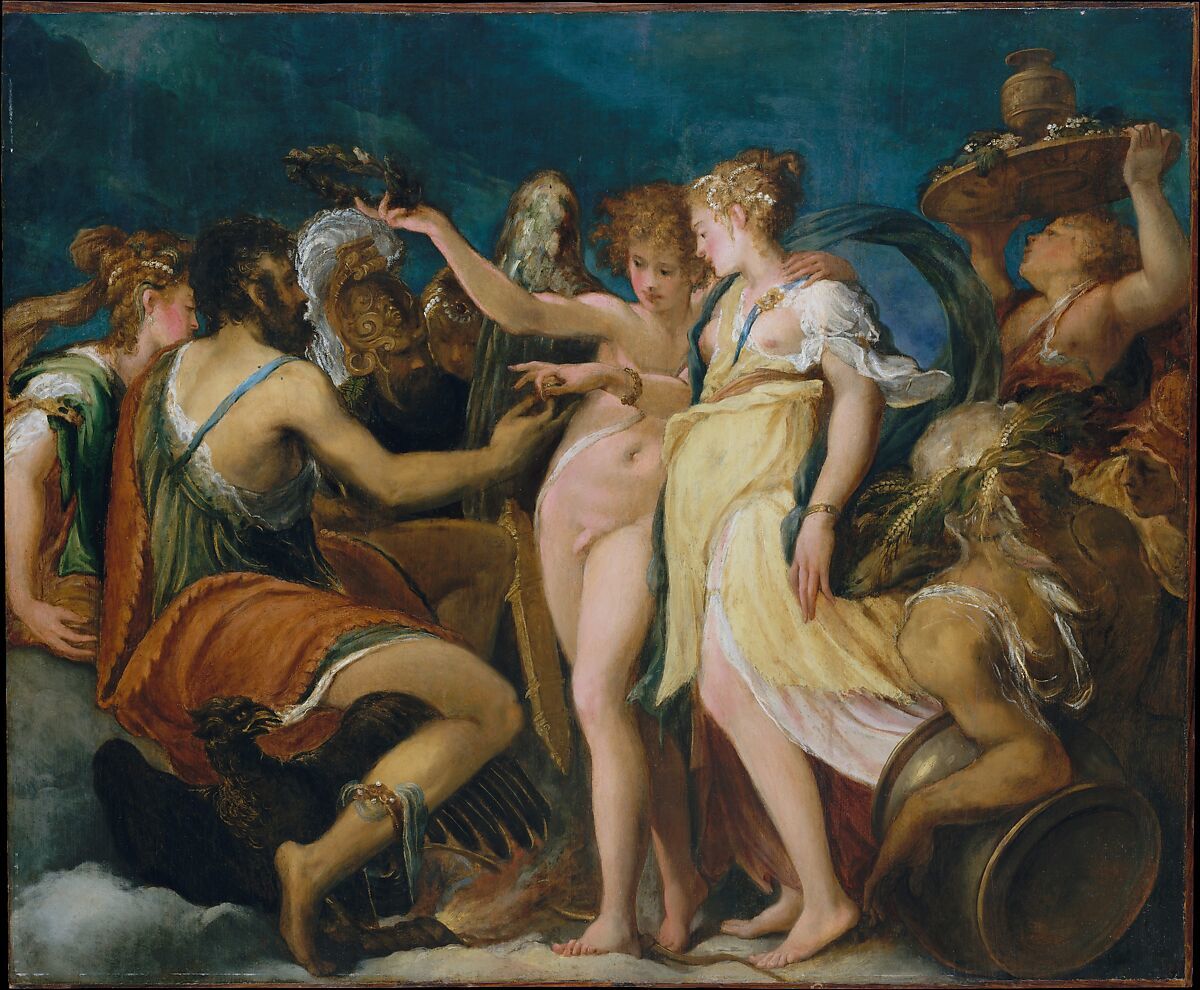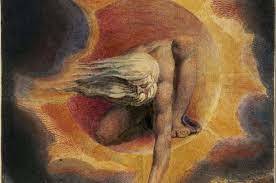The Gorsedd Prayer, Part 3
Nov. 10th, 2023 06:44 am
Descent and Return
The Gorsedd Prayer concludes:
And in the Love of Justice, the Love of All Existences
And in the Love of All Existence, the love of God
A final line or clause admits of variation. The version in the Barddas has "God and all goodness." Some Druid orders have "God [variant: Goddess, Great Spirit, the Gods], the Earth our Mother, and all goodness." As is often the case, the choice is left to the individual Druid.
Love
True Knowledge of Justice is contact with the Form of Justice, Iustitia herself. This contact cannot help but change us: We are purified and become just, and then act with justice in all our doings.
What is that which binds us to Justice?
This is Love, the Power which binds all things together, and especially which unites humankind to the Divine.
Notice, again, that our prayer is leading us through a process of descent from Ceugant (God) to Abred. That journey is now complete, as we turn toward "All Existences." This is the opposite from how things usually work from our perspective as dwellers in Abred. Here, we begin by seeking God, and that which animates and binds us to God is Love. Animated by Divine Love, we endeavor to practice the virtues, and in their practice come to know them, and thereby to become them. Having by degrees become just, courageous and temperate, we finally become wise, which is to say, our third eye opens and we are given a glimpse of the Higher Reality of Gwynvydd. Even this brief contact is enough to change us, and we begin to understand what we have seen. Our third eye, which is the eye of our heart, remains open for ever longer durations, and we are animated by the fire of God, which becomes our strength. Finally, resting in the Divine Presence, we are protected, preserved from declining again toward matter and vice by the living presence of God.
In the Gorsedd Prayer, we ask all of these things in what appears to us to be the reverse order. But this only true from our perspective: This is the true order of creation, as all things arise from God and descend by slow degrees into matter.
At the end we come to All Existences. This reminds us that God is not one being, or one existence, among others; not one thing among many things. God is that in whom and through whom there is any existence whatsoever. Each existence has its origin and its fulfillment in God. And now, we pray that, having become Just, we may act Justly toward all other beings, which is to say, to act toward them with Love. And it is this very justice which leads us back to God, because it is, ultimately the divine nature within others which we love.
Variations
To each Druid the Name of the final terms, which occur at the beginning and end of the prayer, are left as a matter of their own decision. The reason is this: As God is beyond all existences, no name can truly be given to him without limiting him to that name. And yet, in order to act and to think, the human being during its sojourn in the world of names and images, which is Abred, must have a name. By allowing each other to choose a name of God appropriate to our own practice, we acknowledge the complete transcendence of the Divine Absolute. It is as though we say to the Deity, "I know that no Name that I give can truly contain Thee, who art beyond all Names, but I offer unto thee this Name as a holy sacrifice: Let it be a bond between us, and deny not the sacrifice of my sister, though it differ from mine." In allowing our Fellow Druid that Name suited to her or to him, we humble ourselves, and do not allow the conceit of our intellect to rise greater than the love of our heart. And all are led back by degrees to that Eternal Presence who abides unchanging within all existences.

